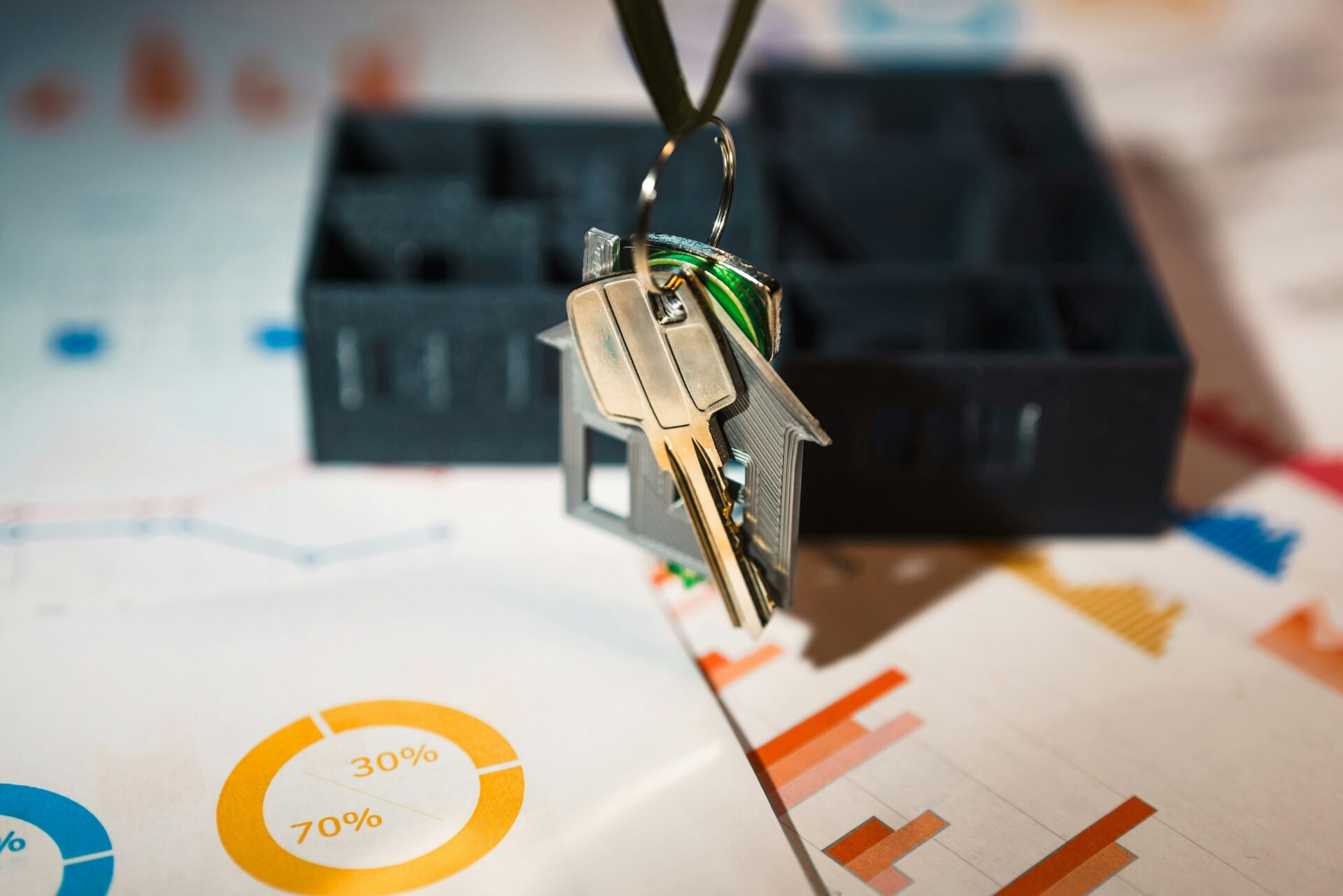Can Housing See Your Bank Account? Here’s What Renters Need to Know
When you’re applying for a new rental, it can be nerve-wracking to think about all the paperwork and financial information a landlord might ask for. One of the most common concerns tenants have is whether their bank account could be used against them in the approval process. So, can a landlord reject you based on your bank account? Let’s break it down to help you understand your rights and what to expect.

Why Do Landlords Ask About Your Bank Account?
It’s not uncommon for landlords to ask for financial information when you’re applying for a rental. They typically want to ensure that you’re financially stable and able to pay your rent on time. Some landlords may even request to see your bank account details. But why would they want to do that?
Proof of Financial Stability: Your bank account gives landlords a snapshot of your financial situation. By looking at your account, they can see whether you have a steady income, whether you spend within your means, and if you have enough to cover your rent.
Assessing Payment History: If you have a history of regularly paying bills and keeping a healthy balance, landlords are more likely to view you as a reliable tenant. On the flip side, if your bank statements show frequent overdrafts or erratic income, it could be a red flag.
Risk Mitigation: Renting out property is a business for landlords, and they want to minimize their risks. If your bank account shows signs of instability, such as a lack of consistent income or large debts, they might be concerned that you won’t be able to pay rent consistently.
Can a Landlord Reject You Based on Your Bank Account?
In short, yes, a landlord can reject you based on your bank account. While they generally can’t make decisions based solely on a single factor, your financial situation is a big part of whether they decide to approve you or not.
Here are a few scenarios in which your bank account could lead to rejection:
- Low Bank Balances: If your bank account shows frequent low balances, especially after rent is due, the landlord might worry you won’t be able to afford future payments.
- Inconsistent Income: If your income isn’t consistent or if your bank account shows sporadic deposits, a landlord may question whether you can reliably pay rent.
- Debt Concerns: If your account shows significant debt, overdraft fees, or other financial issues, the landlord might worry that you won’t have enough money to cover rent after paying off your obligations.
What Other Documents Can Landlords Ask For?
If you’re worried about your bank account being a dealbreaker, don’t panic. There are several other documents that landlords can look at to get an understanding of your financial situation. Here are some common alternatives:
- Pay Stubs: These prove that you have a stable income and can cover rent.
- Tax Returns: If you’re self-employed or have irregular income, providing tax returns can show that you’re financially responsible.
- Credit Report: Landlords often pull credit reports to assess how well you manage debt. A solid credit score can help offset concerns about your bank account. You can check your credit report on sites like Experian and TransUnion.
- Rental History: If you’ve been a responsible tenant in the past, providing references from previous landlords can work in your favor.
How to Avoid Rejection: Tips for Success
If you’re nervous about your bank account affecting your rental application, here are a few steps you can take to improve your chances of approval:
- Be Transparent: If you know your bank account might raise concerns, consider explaining the situation upfront. Maybe you’ve been dealing with a one-time financial issue that’s now resolved, or you’ve recently changed jobs.
- Offer Other Proof of Stability: Provide pay stubs, credit reports, or a letter from your employer to demonstrate that you’re financially stable.
- Consider a Co-Signer: If you’re worried about your finances not meeting the landlord’s criteria, ask a trusted friend or family member to co-sign your lease. This gives the landlord extra security.
What You Can Do If You’re Concerned
While your bank account might be one of the factors that influence a landlord’s decision, it’s not the only thing they’ll look at. The key is to provide as much financial information as possible to show that you’re a reliable tenant. If you’re worried about being rejected, make sure to offer other documentation like pay stubs, a solid credit report, or even a co-signer if necessary.
Being proactive and transparent about your financial situation can go a long way in ensuring your rental application is approved. Ultimately, landlords want to know that they’re renting to someone who will pay their rent on time—and that’s something you can prove with the right documents and a little preparation. However, if your bank account is in truly dire straits, you’ll need to make changes in your life that will allow you to save and invest more of your money.
By staying informed and prepared, you can put yourself in the best position to secure your next rental. Happy renting!
